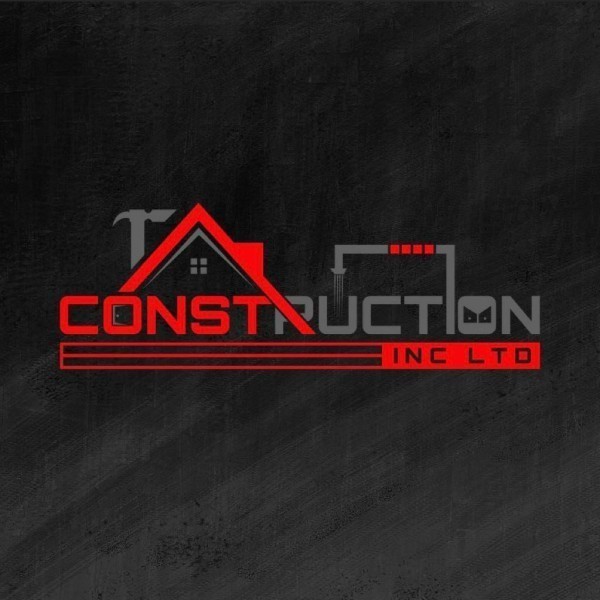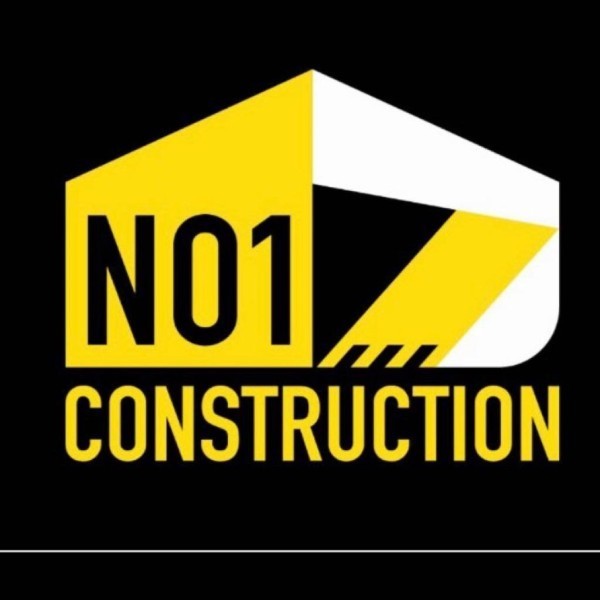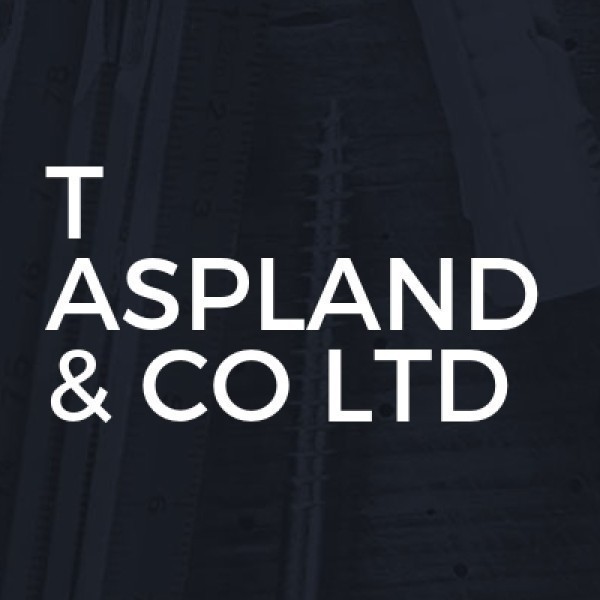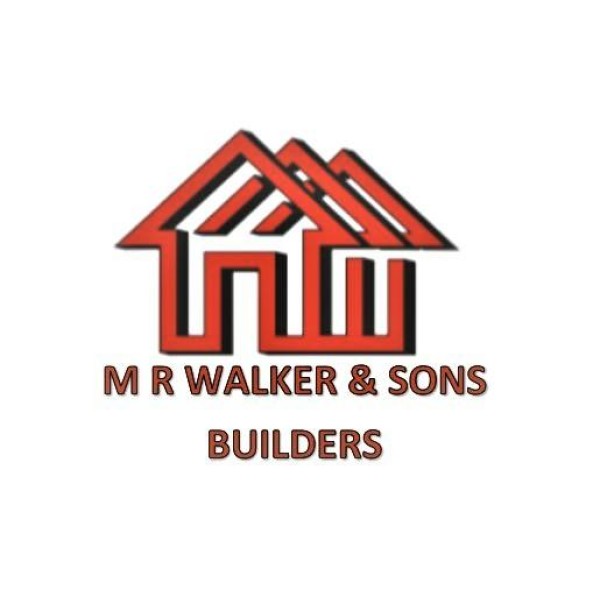Extension Builders in Frinton-On-Sea
Filter your search
Post your job FREE and let trades come to you
Save time by filling out our simple job post form today and your job will be sent to trades in your area so you can sit back, relax and wait for available trades to contact you.
Post your job FREESearch Extension Builders in places nearby
- Extension Builders in Basildon
- Extension Builders in Billericay
- Extension Builders in Braintree
- Extension Builders in Brentwood
- Extension Builders in Brightlingsea
- Extension Builders in Burnham-On-Crouch
- Extension Builders in Canvey Island
- Extension Builders in Chelmsford
- Extension Builders in Chigwell
- Extension Builders in Chipping Ongar
- Extension Builders in Clacton-On-Sea
- Extension Builders in Colchester
- Extension Builders in Epping
- Extension Builders in Grays
- Extension Builders in Great Dunmow
- Extension Builders in Halstead
- Extension Builders in Harlow
- Extension Builders in Harwich
- Extension Builders in Loughton
- Extension Builders in Maldon
- Extension Builders in Rayleigh
- Extension Builders in Saffron Walden
- Extension Builders in Southend-on-Sea
- Extension Builders in Stansted Mountfitchet
- Extension Builders in Tilbury
- Extension Builders in Waltham Abbey
- Extension Builders in Walton-On-The-Naze
- Extension Builders in West Mersea
- Extension Builders in Wickford
- Extension Builders in Witham
- Extension Builders in Wivenhoe
Introduction to Extension Builders in Frinton-On-Sea
Frinton-On-Sea, a charming coastal town in Essex, is known for its picturesque beaches and serene environment. As more people look to expand their living spaces, the demand for extension builders in Frinton-On-Sea has surged. Whether you're considering a new kitchen, an extra bedroom, or a sunroom to enjoy the seaside views, finding the right builder is crucial. This article delves into the world of extension builders in this quaint town, offering insights into their services, benefits, and how to choose the best one for your needs.
The Growing Demand for Home Extensions
In recent years, the desire for more space has become a common trend among homeowners. With the rise of remote working and the need for multifunctional spaces, extensions offer a practical solution. In Frinton-On-Sea, this trend is no different. The town's unique charm and limited housing availability make extensions an attractive option for residents looking to enhance their homes without relocating.
Types of Home Extensions
When considering a home extension, it's essential to understand the different types available. Each type serves a specific purpose and can significantly impact the functionality and aesthetics of your home.
- Single-Storey Extensions: Ideal for expanding ground floor space, often used for kitchens or living areas.
- Double-Storey Extensions: Provide additional space on multiple floors, perfect for adding bedrooms or bathrooms.
- Wrap-Around Extensions: Combine side and rear extensions, offering a large open-plan area.
- Conservatories and Orangeries: Glass structures that bring in natural light, ideal for enjoying the garden view.
Benefits of Hiring Professional Extension Builders
Engaging professional extension builders in Frinton-On-Sea comes with numerous advantages. These experts bring a wealth of experience and knowledge, ensuring your project is completed to the highest standards.
- Expertise and Experience: Professional builders have the skills and experience to handle complex projects efficiently.
- Quality Assurance: They use high-quality materials and adhere to building regulations, ensuring a durable and safe extension.
- Time and Cost Efficiency: Experienced builders can complete projects within the agreed timeframe and budget, minimising disruptions.
- Customisation: They offer tailored solutions to meet your specific needs and preferences.
Choosing the Right Extension Builder
Selecting the right builder is a critical step in ensuring the success of your extension project. Here are some tips to help you make an informed decision:
- Research and Recommendations: Start by researching local builders and seeking recommendations from friends or family.
- Check Credentials: Verify the builder's qualifications, licenses, and insurance to ensure they are legitimate and trustworthy.
- Review Portfolios: Examine previous projects to assess the quality of their work and see if their style matches your vision.
- Get Multiple Quotes: Obtain quotes from several builders to compare prices and services offered.
- Communication: Choose a builder who communicates clearly and listens to your needs.
Understanding the Planning Permission Process
Before embarking on an extension project, it's crucial to understand the planning permission process in Frinton-On-Sea. While some extensions may fall under permitted development rights, others require formal approval from the local council.
- Permitted Development: Certain small-scale extensions may not require planning permission, but it's essential to check specific criteria.
- Planning Application: For larger projects, a planning application must be submitted to the local council for approval.
- Building Regulations: Regardless of planning permission, all extensions must comply with building regulations to ensure safety and quality.
Cost Considerations for Home Extensions
The cost of a home extension can vary significantly depending on several factors, including the size, type, and complexity of the project. It's essential to have a clear understanding of the potential costs involved to budget effectively.
- Size and Scale: Larger extensions typically cost more due to increased materials and labour.
- Materials: The choice of materials can impact the overall cost, with premium options being more expensive.
- Labour Costs: Skilled labour is a significant component of the total cost, and rates can vary between builders.
- Additional Features: Custom features, such as underfloor heating or bespoke fittings, can add to the cost.
Designing Your Dream Extension
Design plays a crucial role in the success of your extension project. A well-thought-out design can enhance the functionality and aesthetics of your home, adding value and improving your quality of life.
- Functionality: Consider how the new space will be used and ensure the design meets your needs.
- Style and Aesthetics: The extension should complement the existing architecture and reflect your personal style.
- Natural Light: Incorporate windows and skylights to maximise natural light and create a bright, welcoming space.
- Sustainability: Consider eco-friendly design elements, such as energy-efficient windows and sustainable materials.
Project Management and Timeline
Effective project management is essential to ensure your extension is completed on time and within budget. A well-structured timeline helps keep the project on track and minimises disruptions to your daily life.
- Project Planning: Work with your builder to create a detailed project plan outlining each phase of the extension.
- Timeline Management: Establish a realistic timeline and monitor progress regularly to ensure deadlines are met.
- Communication: Maintain open communication with your builder to address any issues promptly and keep the project moving smoothly.
Common Challenges and Solutions
Like any construction project, home extensions can present challenges. Being aware of potential issues and having strategies in place to address them can help ensure a successful outcome.
- Unexpected Delays: Weather conditions or supply chain disruptions can cause delays. Plan for contingencies and maintain flexibility.
- Budget Overruns: Unforeseen expenses can arise. Set aside a contingency fund to cover unexpected costs.
- Design Changes: Changes to the design can impact the timeline and budget. Finalise the design before construction begins to minimise changes.
Legal and Safety Considerations
Ensuring your extension complies with legal and safety requirements is crucial. This not only protects your investment but also ensures the safety of your family and the integrity of your home.
- Building Regulations: Ensure your extension meets all relevant building regulations and standards.
- Insurance: Check that your builder has adequate insurance coverage to protect against potential liabilities.
- Health and Safety: Implement safety measures to protect workers and residents during construction.
Environmental Impact and Sustainability
With growing awareness of environmental issues, many homeowners are seeking sustainable solutions for their extensions. Incorporating eco-friendly practices can reduce your carbon footprint and enhance the long-term value of your home.
- Energy Efficiency: Use energy-efficient materials and appliances to reduce energy consumption.
- Sustainable Materials: Choose materials with a low environmental impact, such as recycled or locally sourced products.
- Water Conservation: Implement water-saving features, such as low-flow fixtures and rainwater harvesting systems.
Case Studies of Successful Extensions
Examining case studies of successful extensions can provide inspiration and insights into what is possible. These examples showcase a range of styles and solutions, highlighting the creativity and expertise of extension builders in Frinton-On-Sea.
- Modern Kitchen Extension: A sleek, open-plan kitchen with large windows and contemporary finishes.
- Traditional Conservatory: A classic conservatory with period features, blending seamlessly with the existing architecture.
- Eco-Friendly Sunroom: A sustainable sunroom with solar panels and energy-efficient glazing.
Frequently Asked Questions
- How long does a typical home extension take? The duration varies depending on the size and complexity of the project, but most extensions take between three to six months.
- Do I need planning permission for a home extension? It depends on the size and scope of the extension. Some may fall under permitted development rights, while others require formal approval.
- How can I ensure my extension is energy-efficient? Use energy-efficient materials, incorporate natural light, and consider renewable energy sources like solar panels.
- What should I look for in an extension builder? Look for experience, credentials, a strong portfolio, and good communication skills.
- How do I manage the budget for my extension? Set a realistic budget, obtain multiple quotes, and include a contingency fund for unexpected expenses.
- Can I live in my home during the extension work? In most cases, yes, but it may depend on the extent of the work and your tolerance for disruption.
Final Thoughts on Extension Builders in Frinton-On-Sea
Choosing the right extension builder in Frinton-On-Sea can transform your home, providing the additional space and functionality you need. By understanding the process, considering your options, and selecting a reputable builder, you can achieve a successful extension that enhances your living experience and adds value to your property. With careful planning and expert guidance, your dream extension is within reach.




































